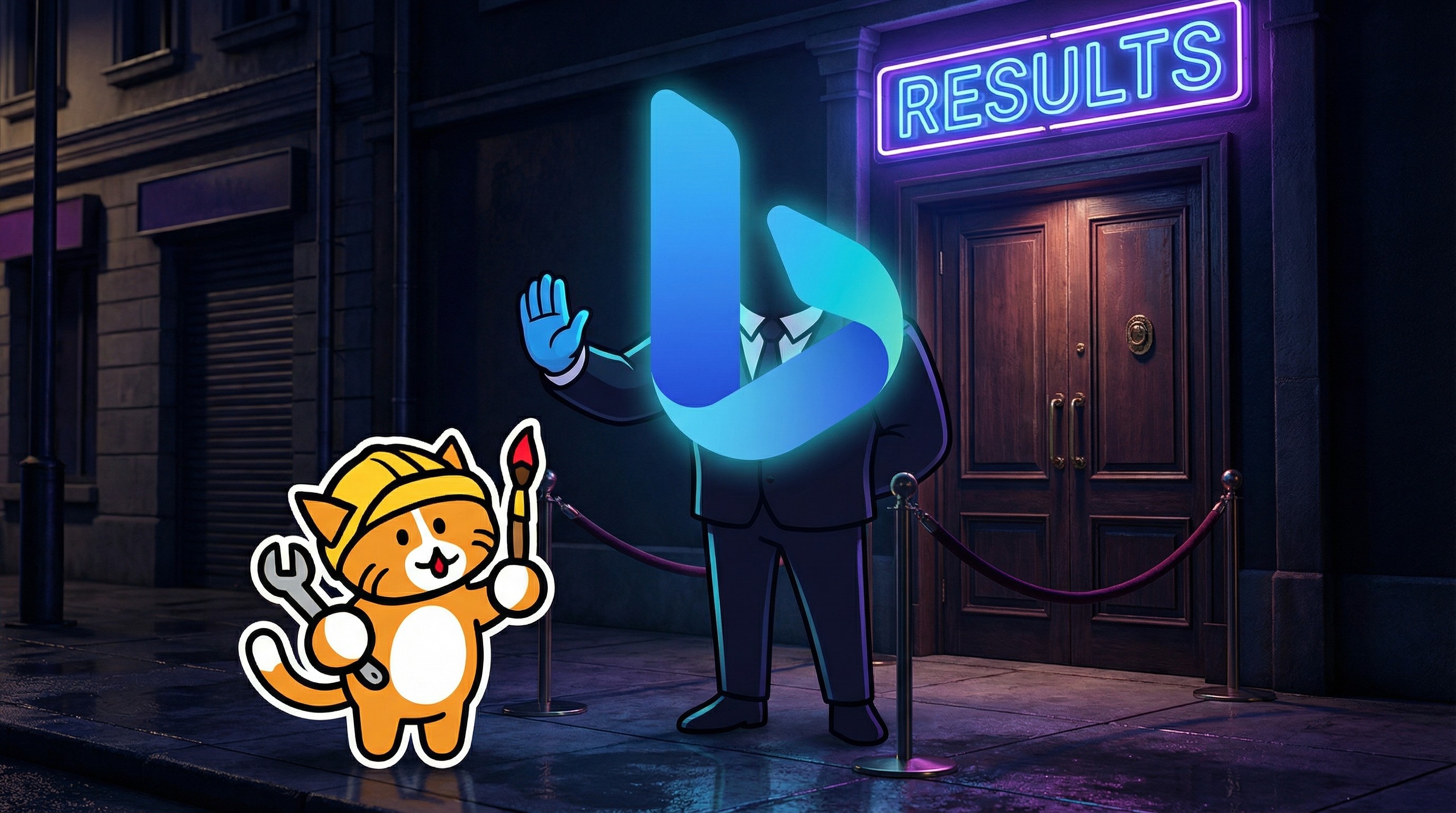OPINION: As Xbox Series X|S digital game sales reportedly hit a 91% share, Microsoft needs to ensure disc collectors don't get left behind with the next-gen Xbox — I think it's time to revive the "hated" 2013 disc-digital licensing model
Xbox has backward compatibility, but forward compatibility is an absolute must.
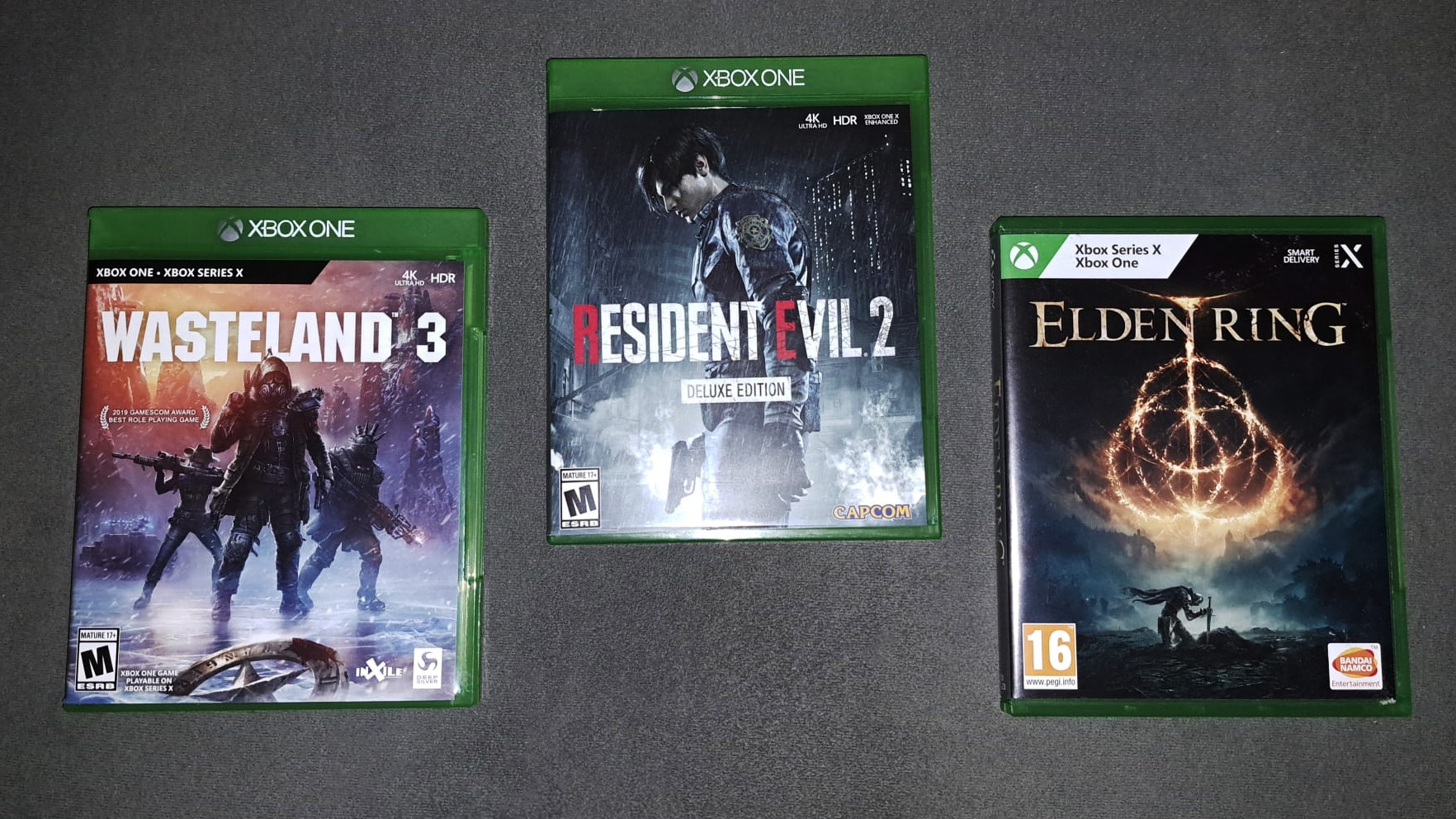
All the latest news, reviews, and guides for Windows and Xbox diehards.
You are now subscribed
Your newsletter sign-up was successful
What you need to know
- Over the past few years, gaming has shifted increasingly towards digital sales, over physical discs.
- Recently, Circana's Executive Director of Games Mat Piscatella offered an update on the digital split, showing that Microsoft's Xbox platform has now hit 91% in the United States.
- Earlier in the year, Xbox President Sarah Bond forged a new "forwards compatibility" team at Xbox, but we have to ask, does that also include disc-first players?
Microsoft and Xbox were ahead of the curve when it came to digital gaming on consoles, following platforms like Steam headfirst toward a more convenient (and more controlled) digital future. Yet, physical discs still live on.
Whether it's digital sales on the Xbox Store on console, Microsoft Store on PC, licenses through Xbox Game Pass, PC sales on Steam, or apps on iOS or Android — digital games have by far and away become the dominant format.
In the post-physical era, services like Netflix and Steam have completely obliterated the need to buy disc-based media. Steam was a pioneer in this space, although others were exploring the space as download speeds rapidly increased through the late 90s and early 2000s. Microsoft itself had a protozoic version of Xbox Live back in the day, called MSN Game Zone on PC.
It was a brave new world, and I starkly remember the vast backlash Valve endured when it forced its first wave of Steam account requirements onto Half-Life 2 discs. Now, Valve and its DRM platform are lauded as the industry leader and torch-bearer for all of gaming, depending on who you ask at least.
In any case, the rise of Steam ultimately changed the industry forever. Microsoft knew that it was only a matter of time before physical discs became a niche within a niche. It then moved to bridge the gap with its Steam-like plan to allow disc-based versions of Xbox games to come with a digital license attached too. Players would need to get the disc deregistered from their accounts at participating retailers before they could resell them. The trade-off would be friend and family Xbox license sharing, which is similar to the friends and family license pooling system Steam debuted to much fanfare earlier this year. Back in 2012, though, everyone hated it. Xbox has been on the back foot ever since. It goes to show how predicting the future and forging the future can be worlds apart in reality, right?
In any case, Xbox has struggled, and its focus on its digital systems and services has seen it hit over 90% physical vs. digital split on its games. The physical retail space for gaming is on the way out, with dedicated retailers like GAME in the UK on the ropes, and other electronics outlets ending sales of physical discs altogether. The digital split continues to skew away from physical, too.
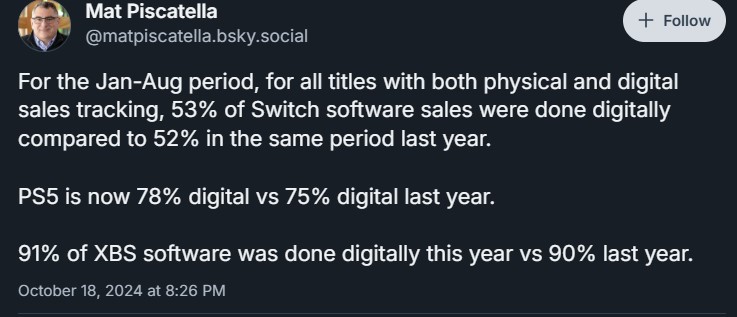
🎃The best early Black Friday deals🦃
- 📺Amazon Fire TV Stick | $24.99 at Amazon (Save $25!)
- 💻Lenovo IdeaPad 1 (Ryzen 5) | $329.99 at Best Buy (Save $250!)
- 📺Samsung QLED 4K TV (65-inches) | $1,379.99 at Walmart (Save $1,421!)
- 💻Samsung Galaxy Book4 Edge (X Elite) | $799.99 at Best Buy (Save $550!)
- 🔊2.1ch Soundbar (Wired & Wireless) | $44.99 at Walmart (Save $155!)
- 💻Dell XPS 13 (X Elite) | $999.99 at Best Buy (Save $500!)
- 🎧Sony ANC Wireless Headphones | $238.66 at Walmart (Save $109!)
- 💻Dell XPS 14 (Core Ultra 7) | $1,449.99 at Dell (Save $550!)
- 💻HP Envy 2-in-1 14 (Ryzen 7) | $649.99 at Best Buy (Save $400!)
- 💻HP Spectre x360 14 (Core Ultra 5) | $999.99 at HP (Save $450!)
Mat Piscatella of U.S. analytics firm Circana recently posted some fresh data on BlueSky detailing disc-based games' slow march to obsolescence. Firms like Nintendo still maintain a large share of physical games, but that is doubtless about to end with the launch of the Nintendo Switch 2. Nintendo's cartridge system may eventually reach the upper limits of read/write speeds for more modern games, and I wouldn't be surprised if some more graphically intensive titles for the Switch 2 launch as digital-only versions to avoid the storage speed bottleneck. Of course, publishers tend to love digital sales over physical, because digital games are harder to trade in and refund — with regulatory consumer rights over digital properties woefully behind the realities of the space. But that's a discussion for another time.
RELATED: Steam clarifies that you don't actually own your games
PlayStation's split is also less skewed than Microsoft's, but it's rapidly closing the gap. Microsoft's Xbox platform meanwhile hit a 91% digital share, so if you're wondering why some retailers are no longer stocking Xbox discs, there's your answer.
Subscription services like Xbox Game Pass will likely do even more harm to the physical footprint on Xbox, as even massive games like Call of Duty: Black Ops 6 set their sights on the $19.99 per month Xbox Game Pass Ultimate subscription.
Physical disc-based games have already fully died on PC, and consoles are most likely next to follow. As the read/write speed and storage space requirements of modern games outpace what is offered by Blu-ray and other similar mediums, the demise of discs is purely economical.
Still, Microsoft has been selling discs for years. Many within the Xbox faithful have amassed vast collections of physical games over the years, representing hundreds of games and thousands of dollars worth of investments. I firmly believe that game preservation ultimately lies in emulation and the like, but there's a physical, tangible part of Xbox's history that also deserves to be preserved, even if Xbox's future is inevitably all-digital (like the Xbox Series X Digital Edition.) And really, it doesn't need to be that expensive for Microsoft, so support those fans and collectors — who represent some of Xbox's most dedicated customers.
Xbox should ensure that disc-owners don't get left behind, and maybe reviving the 2013 dual disc-digital licensing model is the way to do it
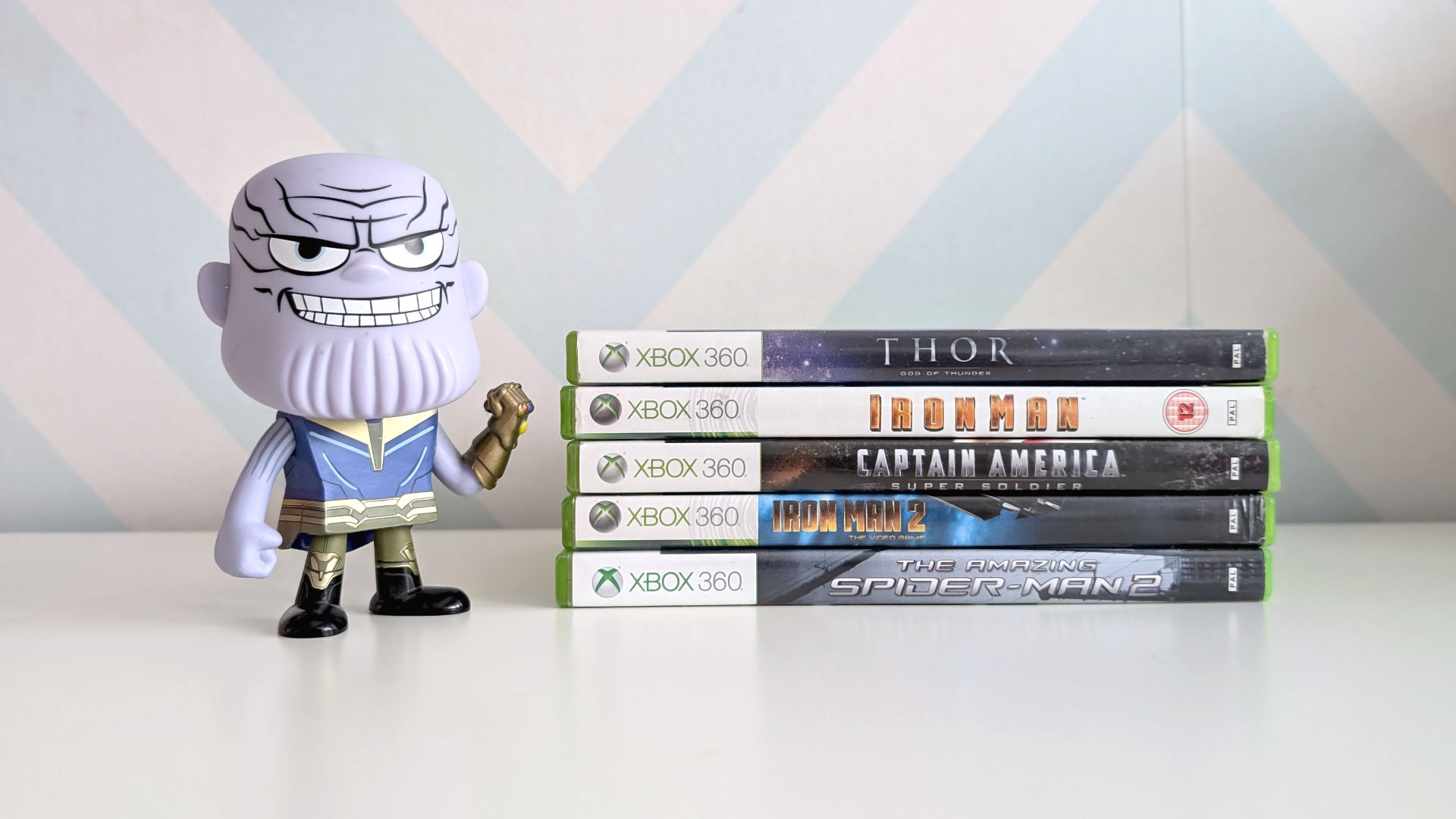
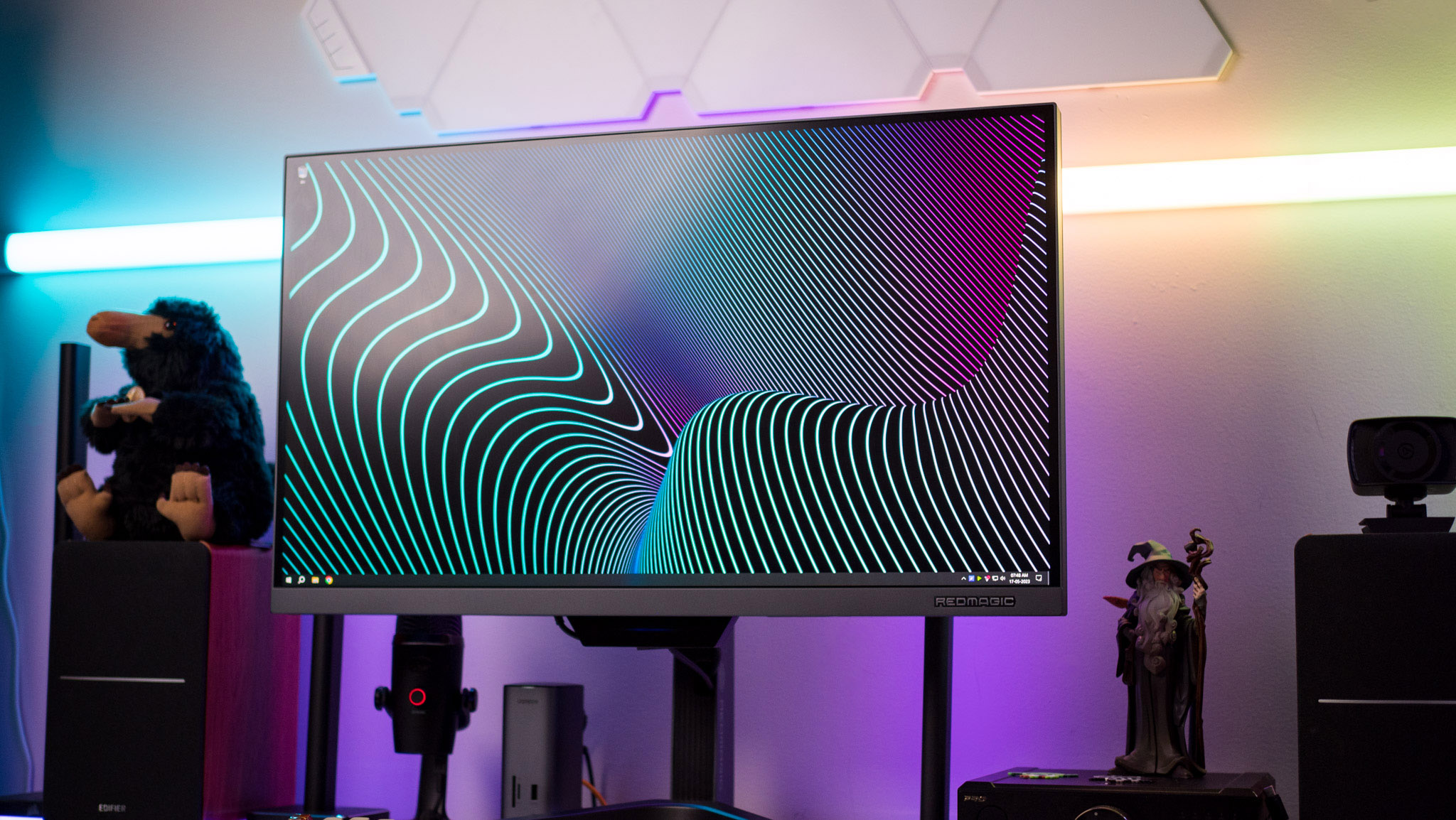
• Best Xbox / PC headsets in 2024
• Best upcoming Xbox / PC games
• Best Xbox controllers
• Best Xbox accessories
• Best small gaming PCs
• Best gaming laptops in 2024
The PlayStation 5 line-up has all digital versions that ditch the disc drive in exchange for some modest savings. Similarly, Microsoft's new Xbox Series X Digital Edition shaves $50 off the MSRP, too. However, unlike Xbox, PlayStation at least offers optional disc drive add-ons.
Earlier this year, Xbox President Sarah Bond announced the creation of a forwards compatibility team at Microsoft Gaming. Compatibility has been a key differentiator for Xbox, with the Xbox Series X|S offering unprecedented generational compatibility in the console space. The Xbox Series X|S can run dozens upon dozens of games from the Xbox 360 and OG Xbox era, as well as every single game from the Xbox One era. The next-gen Xbox consoles absolutely need to continue this tradition, even if the total demise of the disc drive is almost certain.
If we are carrying backward compatibility through to the next-gen Xbox consoles, which I firmly expect to include an Xbox handheld and a more traditional Xbox Series X successor, Microsoft needs to consider an optional Blu-ray disc drive. For users who have amassed a collection of disc-based games, forward compatibility represents something completely different to digital-first collectors like myself. Those fans don't deserve to be left behind.
In a perfect world, DRM-free like GOG would be the default. We'd fully own the games we've purchased, whether it's discs or digital. We don't live in that universe, though, and platform holders hold all the cards for how ownership of games ultimately plays out. I'm not here to discuss that aspect of the industry right now, but Microsoft did once try to find a system that would satisfy everyone involved, at least to some degree.
"People hated it at the time, but they might be ready for it now: Microsoft could perhaps explore reviving the 2013 dual-licensing disc-digital model."
People hated it at the time, but they might be ready for it now: Microsoft could perhaps explore reviving the 2013 dual-licensing disc-digital model it ultimately shelved for Xbox One after it failed to properly portray the benefits of the system. That would be particularly beneficial given the fact Microsoft is gearing up to let you play games you already own on Xbox Cloud Gaming. Disc-based gamers stand to completely lose out with this new cloud gaming feature. If it followed the 2013 model, we would also get the family game-sharing pool back. If people REALLY didn't want all the benefits that this would bring and prefer the existing model, Microsoft could also make it opt-in too, maybe. Somehow. Either way, the same feature has now enjoyed a successful reception on Steam — without the added benefit of physical discs. I thought about arguing that it could give retail a potential lifeline too, but eh, realistically I think that ship has probably well and truly sailed.
Even if that's no longer an option, some form of USB Blu-ray drive just to trigger the license for a local download would be enough, to at least keep that legacy intact. External USB Blu-ray drives go for as little as $50 bucks on Amazon, and logistically speaking, I would hope that it wouldn't be too complicated for Microsoft to create something similar for its most dedicated customers.
I realize it's not as simple as simply whacking a USB drive into the Xbox, given the DRM and security apparatus requirements. I don't doubt that restoring digital entitlement to disc-based games retroactively is also likely impossible. I think it's still well worth exploring and communicating on — if Microsoft truly is about future compatibility.

Jez Corden is the Executive Editor at Windows Central, focusing primarily on all things Xbox and gaming. Jez is known for breaking exclusive news and analysis as relates to the Microsoft ecosystem — while being powered by tea. Follow on X.com/JezCorden and tune in to the XB2 Podcast, all about, you guessed it, Xbox!
